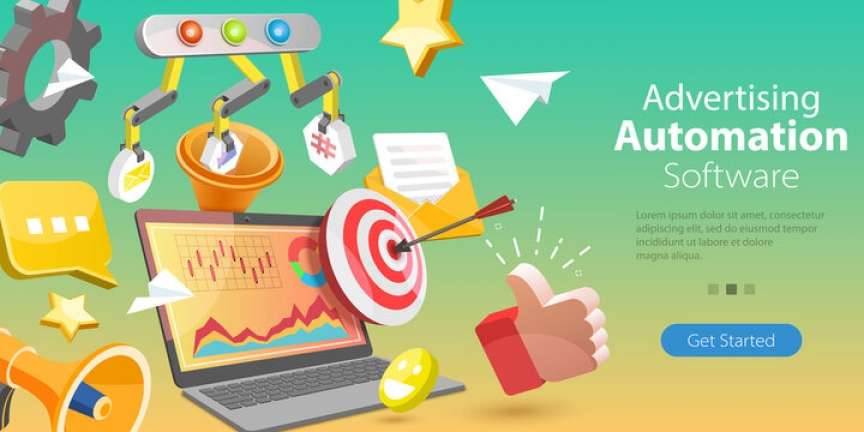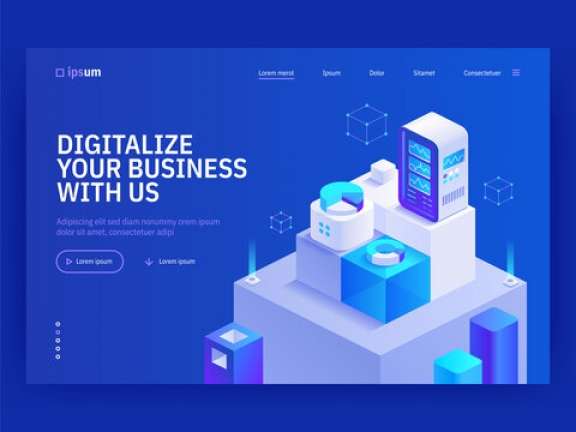The packaging sector is transforming with technological innovations. The food industry is one of the fastest-growing sectors in the world and there are many different ways to package food products so they don’t spoil or get damaged during transport. There are many different types of innovative technology that are currently being used in the packaging industry to increase product safety, efficiency, and sustainability.
Erectors
Packaging machines are used to create packaging on large production lines. Erectors are the latest technology in packaging machines that is increasing the safety and efficiency of food products. A case erector system has a robotic arm that can rotate 360 degrees, which allows it to be moved around easily while stacking cases of food onto pallets. These pallets can be sent down the line to be shrink-wrapped for shipping. This technology not only increases safety by preventing cases of food from falling over, but it also increases efficiency because it allows workers to easily move around completed orders.
Clamshell Packaging
Another technology that is being used to increase product safety and efficiency in the food packaging industry is clamshell containers. Clamshell packaging is a type of packaging where there are two halves of a container that snap or lock together to make it easy for customers to open their product. These clamshells can be used on all types of companies, but they are commonly seen at food processing plants where products such as cheese, fruits, and vegetables are packaged. Clamshells keep the product safe from being damaged during transport and storage by providing a tight seal on both sides. This allows companies to save money because there is less spoilage that occurs from loose seals or broken packaging.
Facility Cleaning Systems
Another technology that is playing an increasingly important role in the food packaging industry is facility cleaning systems. These systems use water, cleaning agents, and air to clean different types of machines (such as palletizers) before new projects begin. This helps increase efficiency because companies do not have to spend time manually cleaning their equipment between orders. The process uses tanks that can hold large amounts of chemical solutions that are sprayed onto the equipment with special nozzles. Positive pressure fans are used to blow over the equipment so particles can be blown out away from sensitive areas.
Sensors
Many different types of sensors are being integrated into various stages of production at food processing plants around the world. These sensors allow for more accurate monitoring of machines and different processes to ensure food safety, product quality, and regulatory compliance. Sensors are also helping keep workers safe because they can control dangerous equipment with the push of a button. One example is automated palletizers that use sensors to determine when a pallet needs to be moved out of the way before they start loading more boxes onto it.
Packaging Design
Technology is also being used in the design process of packaging for food products. 3D modeling software allows companies to test how their designs will look before creating them on actual packaging lines. This allows companies to increase product safety by testing out new designs on simulated models instead of the final printing plates used in production lines. These models are also useful when trying to figure out how to best optimize their packaging so it is more efficient and cost-effective.
Power Management
The technology used in power management is increasing the efficiency of production lines by allowing machines to be run at optimal speeds. There are many different types of equipment that require different amounts of power to operate them at optimal speeds, which is why companies need sophisticated software that can control when each piece of equipment requires its next set amount of energy. This technology allows companies to reduce the amount of energy they use by only powering selected machines when they are actually in use instead of running all machines full speed 24 hours a day.
Marketing
Packaging for food products must be designed with the customer in mind because this will determine how well (or not) it sells in the retail environment. Innovation in marketing has led to many different types of packaging that allow customers to see the product inside before they purchase it, which helps increase sales because people are more likely to buy items that look appetizing or fun. Some examples are clamshells with transparent fronts so the customer can easily see what’s inside before purchasing them and environmentally friendly packaging made from recycled materials.
Zero Waste Packaging
Another important trend that is gaining ground in the food packaging sector is zero-waste packaging. This type of packaging allows companies to use every part of their package material instead of throwing it away after one use. There are different types of technologies and materials that can be combined to accomplish this goal, such as thermoformed plastic pouches with sealed spouts, dual-layered blister packages, and flexible lidding film. Once a company has identified these areas where they want to minimize waste, they must find technology solutions for each so they can start using them in their production lines around the world.
Insignia Technologies
Insignia Technologies is an example of a company that has made it its mission to solve many different problems in the packaging sector. They have used their innovative technology to help clients around the world meet industry standards and government regulations, increase production efficiency, optimize designs, and minimize material use. Their website lists a number of examples where they have used their technical know-how for this purpose.
The global food packaging market is expanding at a rapid rate because more people are buying groceries every day, which means the demand for food products will continue to grow. As global populations continue to rise, so too will food production levels because they simply cannot keep up with such high levels of demand if companies do not find ways to improve their technologies and processes. This trend is expected to continue for the next 100 years, according to experts. Since food products will never stop being bought by consumers, it is likely that these trends will continue for decades because they all work together synergistically to ensure food products reach people’s kitchens in a safe, efficient manner.















